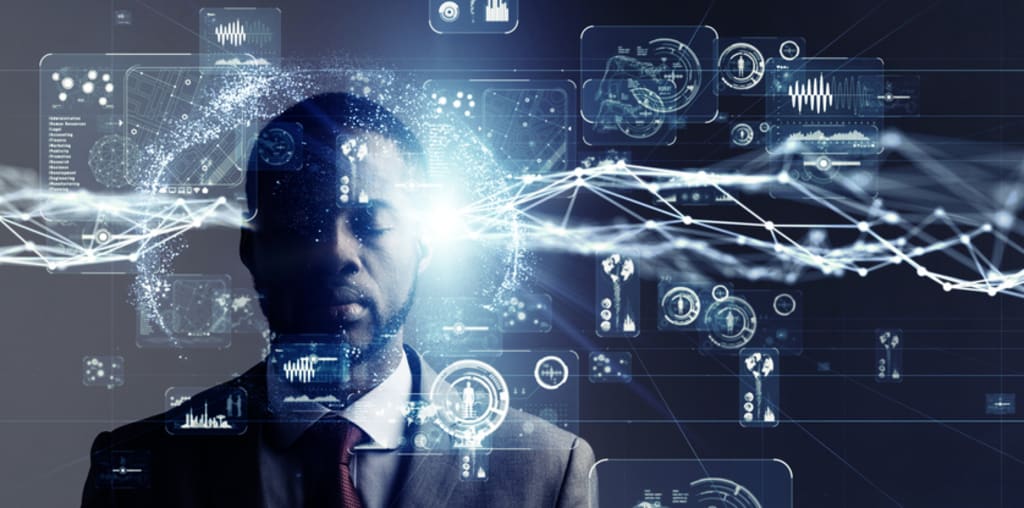The Future of Work
How AI and Automation are Changing the Job Market

Introduction:
The world of work is changing rapidly, thanks to advances in artificial intelligence (AI) and automation. The job market is shifting, and many traditional roles are being automated, while new ones are being created. AI and automation are not only changing the way we work but also the skills we need to succeed in the workplace. In this article, we'll explore the future of work and how AI and automation are changing the job market.
The Impact of AI and Automation on the Job Market:
AI and automation are changing the job market in several ways. Firstly, they are replacing many traditional jobs that were previously performed by humans. For example, in manufacturing, robots are increasingly used to assemble products, and in retail, self-checkout machines are becoming more common. Secondly, AI and automation are creating new types of jobs that require new skills. These include jobs in fields such as data analysis, machine learning, and AI development. Thirdly, AI and automation are increasing productivity, allowing businesses to do more with fewer employees.
The Future of Jobs:
As AI and automation continue to advance, it's likely that many jobs will become automated. According to a report by McKinsey, up to 800 million jobs could be lost to automation by 2030. However, this does not mean that there will be no jobs for humans. New jobs will emerge, and many existing jobs will be redefined. For example, in healthcare, AI is being used to analyze medical images and diagnose diseases. This is creating new roles for healthcare professionals who specialize in AI-assisted diagnosis.
The Skills of the Future:
As the job market changes, so do the skills required to succeed in the workplace. In the past, skills such as manual dexterity and physical strength were highly valued in many industries. However, in the age of automation, skills such as critical thinking, problem-solving, and creativity are becoming increasingly important. These are skills that cannot be easily replicated by machines and are essential for roles that require human interaction and decision-making.
The Role of Education:
To prepare for the future of work, it's essential that education systems adapt to the changing job market. This means that education needs to focus on developing the skills that are most in demand in the workplace. For example, schools and universities need to teach students critical thinking, problem-solving, and creativity. They also need to provide training in fields such as data analysis, machine learning, and AI development. This will enable students to be better prepared for the jobs of the future.
The Impact on Society:
The impact of AI and automation on society is complex. On the one hand, automation can increase productivity and reduce costs, which can benefit businesses and consumers. On the other hand, it can also lead to job losses and increased inequality. As more jobs become automated, there is a risk that many people will be left behind. This can lead to social unrest and political instability. To prevent this, governments need to take action to ensure that the benefits of automation are shared more equally.
The Role of Government:
Governments have an important role to play in shaping the future of work. They need to invest in education and training programs that help people develop the skills required for the jobs of the future. They also need to provide support for people who lose their jobs due to automation. This can include retraining programs and financial assistance. Governments also need to ensure that the benefits of automation are shared more equally. This can be done through policies such as a universal basic income, which would provide a safety net for people who lose their jobs due to automation.
Conclusion:
AI and automation are changing the job market, and this trend is likely to continue in the coming years. While this can lead to job losses, it can also create new opportunities and drive innovation. To prepare for the future of work
About the Creator
Tyler Darelift
Hi, Im an Content Writer





Comments
There are no comments for this story
Be the first to respond and start the conversation.